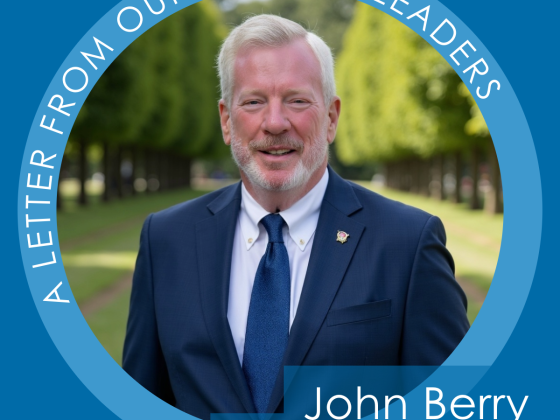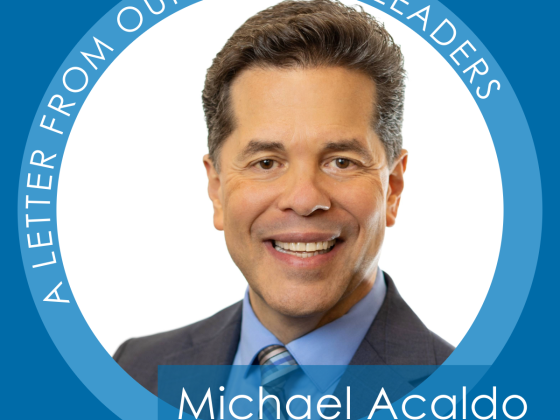Sitting in the warm sunshine, I recently attended a college graduation and was struck by the behaviors of the students’ friends and family members all around me. Many were yelling loudly at their favorite graduate’s name, taking many photos, and otherwise celebrating like this event was a major milestone. Which, for some, it definitely was because they were watching the first from their family ever to graduate from college. For others, like parents, it meant the end of college tuition payments! For many, however, they know or will soon understand that college is just one step in a lifetime of learning.
Ironically, this particular graduation was on Ascension weekend. Families celebrated with great fervor the going forth of their young ones to greater adventures, perhaps to return one day. Yet the ascension up to Heaven of Christ, with His promises to finish works on our behalf and then someday to return to us, does not get the fanfare it deserves. Perhaps the annual celebration of this event for hundreds of years has dulled us to its critical importance within our faith and our future.
As Vincentians, we know that college is important, but that our devotion and learning of our faith is a lifelong pathway. Every answer we receive begs new and deeper questions. Yet we continue our faith journey in the hope of attaining the Sainthood promised to us.
Imagine that each of those newly-minted graduates had been formed in our faith and Vincentian charism. Now they prepare to serve, some in our neighborhoods and many others in distant communities, with the zeal of youth and at least a basic understanding of what it means to be a serving Vincentian. Wouldn’t that be a graduation worth celebrating!
In founder Frédéric Ozanam’s day, members of the original Conference first split their growing membership into multiple Paris Conferences, and then members naturally drifted away to other communities. They brought our charism with them to form new Conferences with new members, and thus the Society very quickly grew nationally and even internationally. For example, the Society reached the United States in 1845, only 12 years since the first Conference meeting in Paris, and in a time of far less publicity, transportation and certainly the viral, social media than we have today. A powerful idea, combined with positive word of mouth is, in this case, evangelical. Imagine what it could be like today if current grads likewise went off to the rest of their lives away from their college communities to join, or start, Society Conferences wherever they landed.
We don’t need to imagine it. We can make it happen.
This requires two caring, thoughtful Society communities of action. The first forms and nurtures college campus, Neumann Center, or nearby parish young adult Conferences. The process at this end builds in a high turnover of students and Conference leadership terms, and requires frequent Ozanam Orientations and other basic formation and service opportunities. The second community, which is all of us, receives graduates into their existing parish Conferences and actively assists young adults to form new Conferences. Yes, this process can be messy and requires both patience and resources, not the least of which is community connections to get started.
Just as Christ sent out His disciples to faraway lands to spread the Word, we have an opportunity to nurture young adults as they travel from childhood homes and places of learning into their new career and family communities. The habits learned at a young age, not the least of which are faith and service, need our nurturing and mentorship or they risk being replaced by whatever is available – and not always good – habits.
At graduations nationwide, the grandparents especially understand that the day is a milestone worth celebrating but just one step in a lifetime of learning. What can we do, for both our kids and others’ children, to help them continue on their path of faith formation and service? What would Frederic do? What would Christ do?
Yours in Christ,
Dave Barringer
CEO



I have heard older adults talk about new, younger members, as if they were children in need of constant guidance. “What do we do with them?” “What do we have them do?” “How do we involve them in our conference?” “We don’t do sock drives or hygiene kits, so…?” We forget that this Society was founded by young adults in their early 20s. Somewhere in time, we turned from youth being the majority to now a small minority. Yes, it is true that young adults today are very different than young adults in the 1800s. The responsibilities placed in youth this day, the maturity level, their life experience, all can make a huge difference. But we must allow these young members to participate as full active members, not just as “secondary participants” that we wish to keep around for a time when they can replace us.